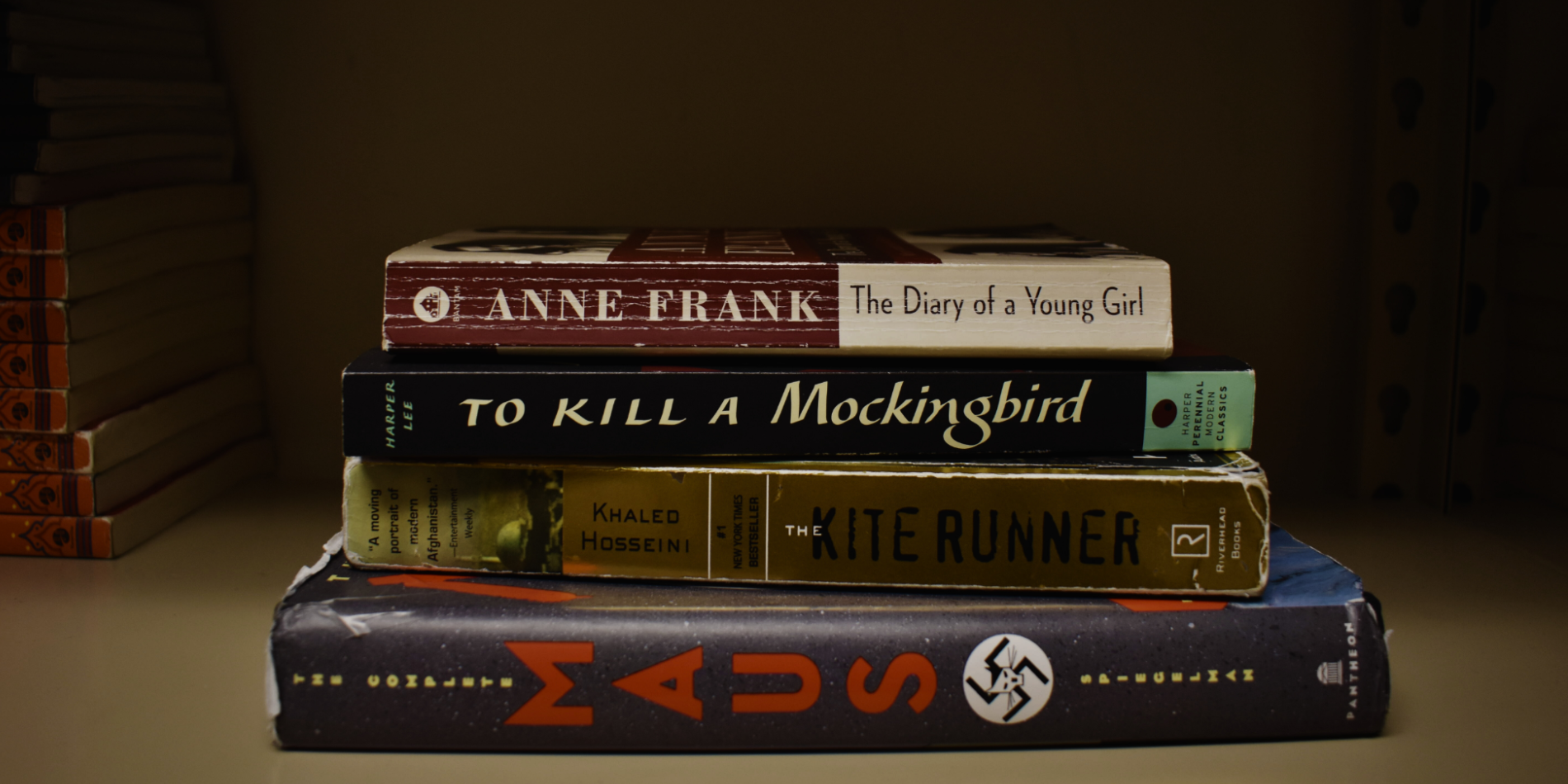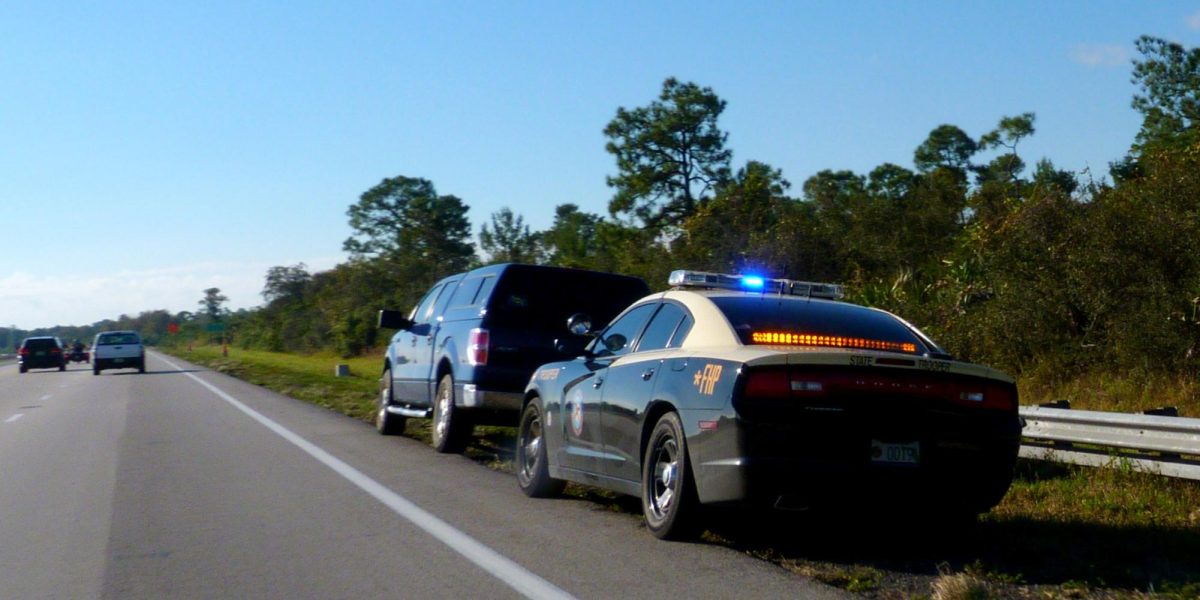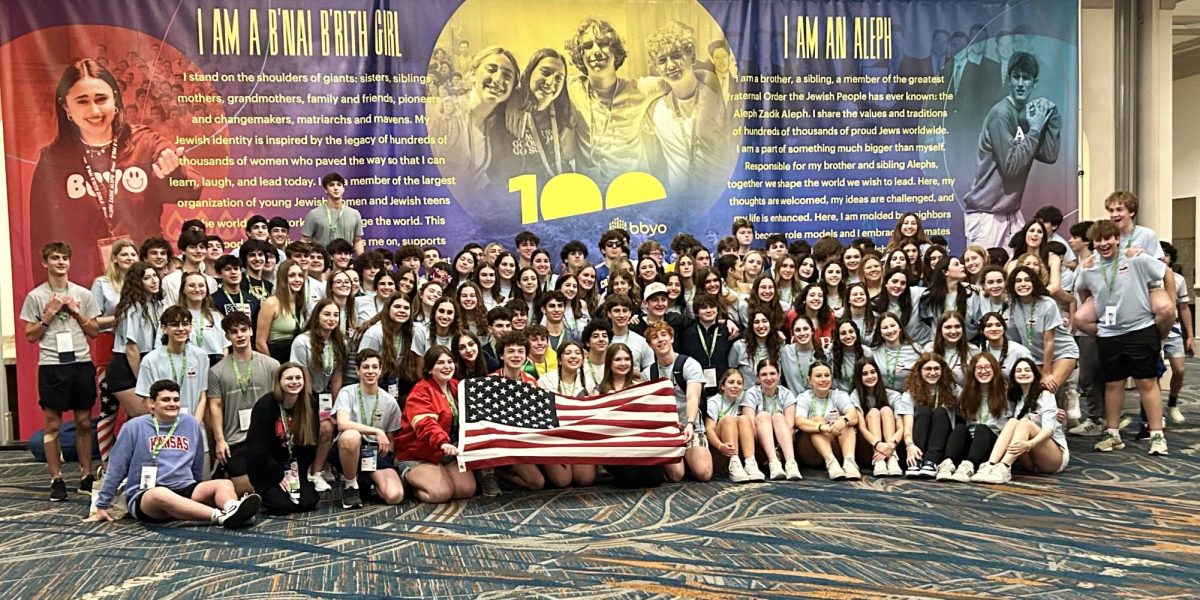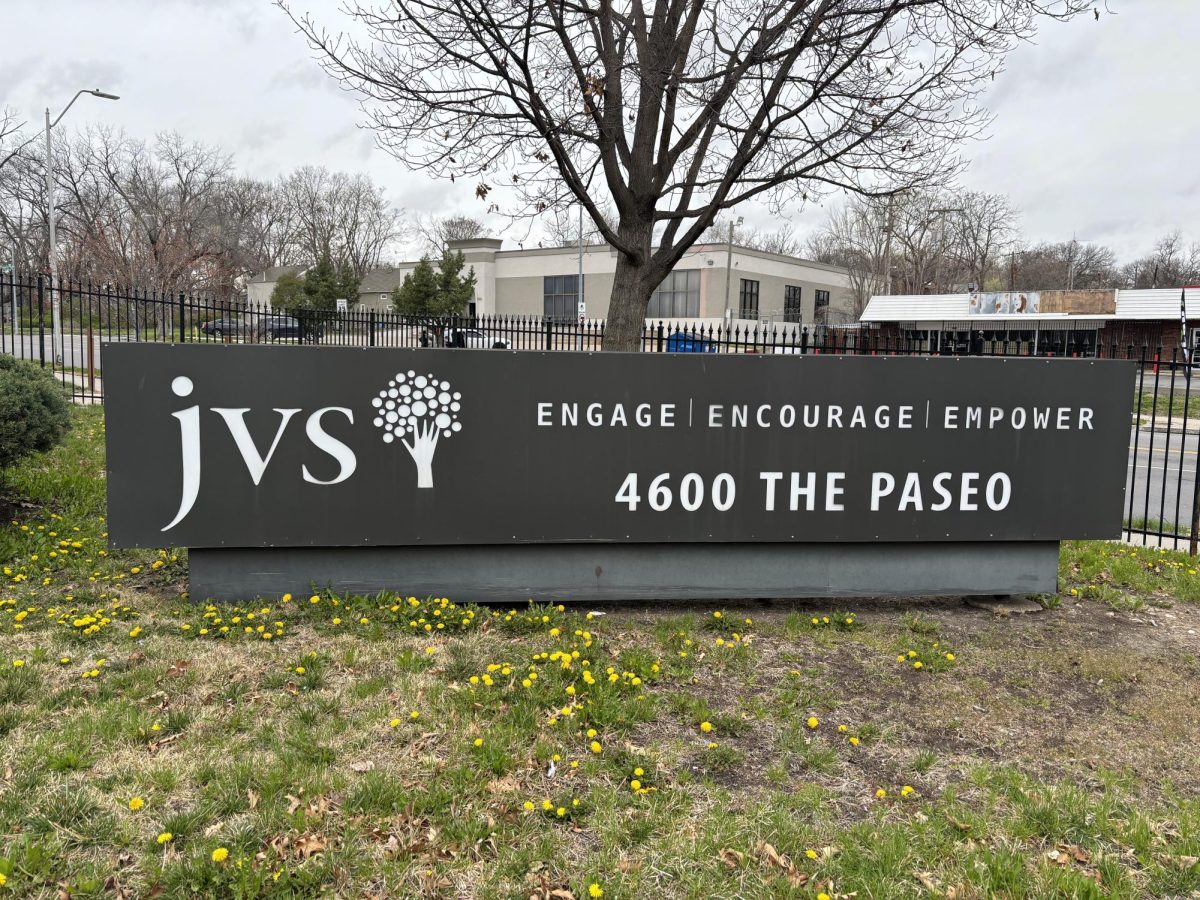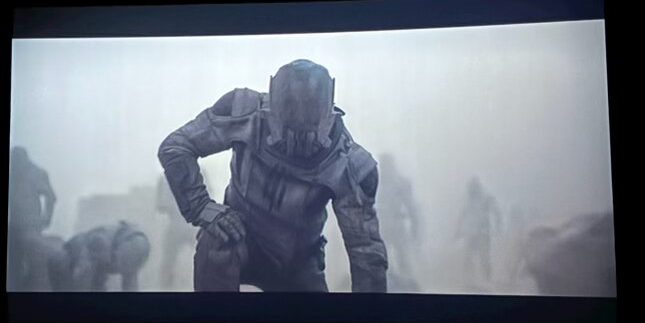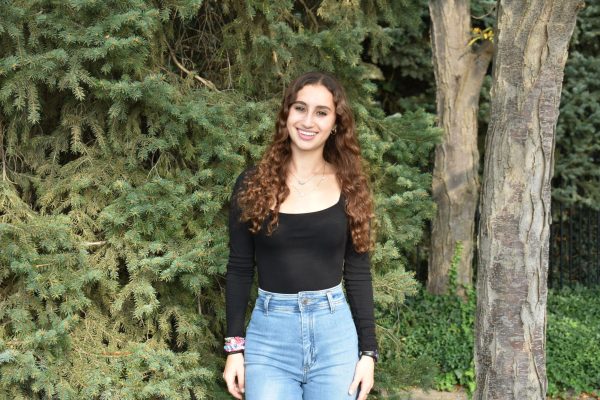This year, HBHA juniors’ and seniors’ Social Justice Project focused on passing a ‘Freedom to Read Resolution’ in local public school districts. This sort of resolution restricts the ability of non-faculty individuals to ban books in schools simply by protesting them.
Public school prohibitions don’t apply to HBHA as it is a private school and is not required to adhere to the public school district policy. This allows for HBHA’s curriculum to be filled with literature that public school students often don’t get the opportunity to read.
This issue of having banned books is slightly off-putting to some of HBHA’s students. Kopelman feels it is “really important” to read books such as Maus by Art Spiegelman, a book written about the experience of a Holocaust survivor. It is yet another book written about the Holocaust which has been banned by public schools.
Metro Organization for Racial and Economic Equity (MORE2), a non-profit that works on activism in our Kansas City area, invited HBHA to partner with them on the initiative to ban books bans.
The juniors and seniors in HBHA’S Social Justice club have split themselves into three groups to tackle this challenge: Personal Narrative, Resolution, and Logistics.
All the students were given the chance to write a personal narrative, writing about a book that has impacted them. The personal narrative group read through all of these and chose a few good ones to revise with the author and make them better. The students will eventually read these narratives to Shawnee Mission and Olathe school boards and explain why these books shouldn’t be banned.
The Resolution group has spent the majority of this school year carefully sculpting the final resolution to present to the school boards.
The Logistics group worked on researching the various school boards as well as scheduling dates to present before them.
Junior Rayli Kopelman, a personal narrative group member, attended a round table meeting hosted by MORE2 where she read the draft of the resolution. MORE2 gave her feedback on the resolution to fully prepare the students to present it to the school boards in the fall season.
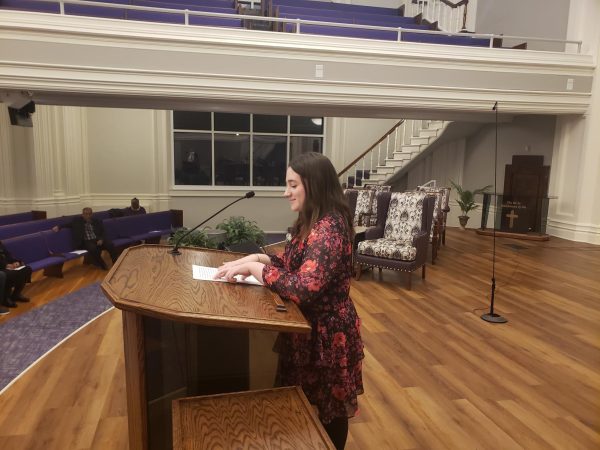
The Freedom to Read Resolution is the resolution HBHA’s Social justice students molded with the goal of presenting it to the public school boards. This resolution wasn’t something that someone could just stand up and speak off the top of their head. It was a lengthy process which required the group to think over the resolution and continue revising it for months before it will be presented.
Students like Kopelman voiced why this social project is so important to them. “It’s just sad to me that some people can’t read books that are important to me, my history, [and] other people’s history,” Kopelman said.
Kopelman also expressed how these banned books are negatively affecting public school students when she said, “It’s stopping people from learning.”
Junior Livia Noorollah, another member of the personal narrative group, said, “[Banning books] affects a lot of kids our age and it affects us directly because some of the books that are being banned are Jewish books that teach about our history and it’s important that people learn about it.”
Banning certain books like The Color Purple by Alice Walker and To Kill a Mockingbird Harper Lee restricts high school students from learning the history of Black discrimination. There obviously is a clear issue when restricting these books; if we don’t acknowledge and talk about the problems in stereotyping these books bring to the table, then they will repeat themselves in the future.
As a people, it is our obligation to educate ourselves on our history in order to sculpt our future and better the world we live in.
The resolution of the Social Justice group highlights the importance of supporting all students in their individual history, as well as students who see themselves within the stories of literature and history, allowing them to thrive and develop into their full selves.
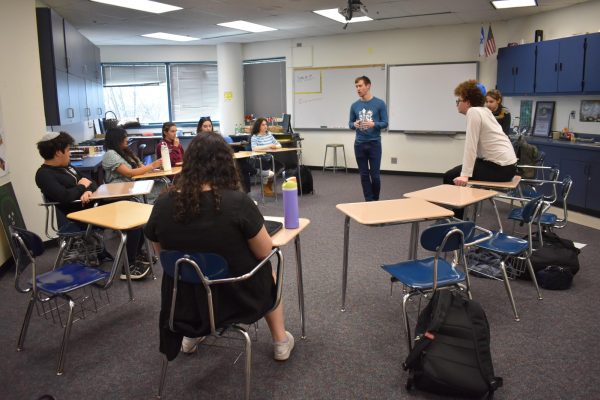
The final statement this resolution contains says, “We hereby commit to providing access to diverse reading material, which we recognize promotes mental wellness, equity, inclusion, empathy, readiness for a global society, and excitement about reading and further learning. We believe our students are best prepared to lead a well-informed, compassionate life if they are exposed to diversity in books, both that which represents their individual background and that which exposes them to the backgrounds and uniqueness of their peers and the larger community and world.”
These students have been passionately pushing toward their goal of bringing awareness to these important books to educate the youth in all Kansas districts because they believe all students deserve the right to learn and sculpt their minds with freedom.

